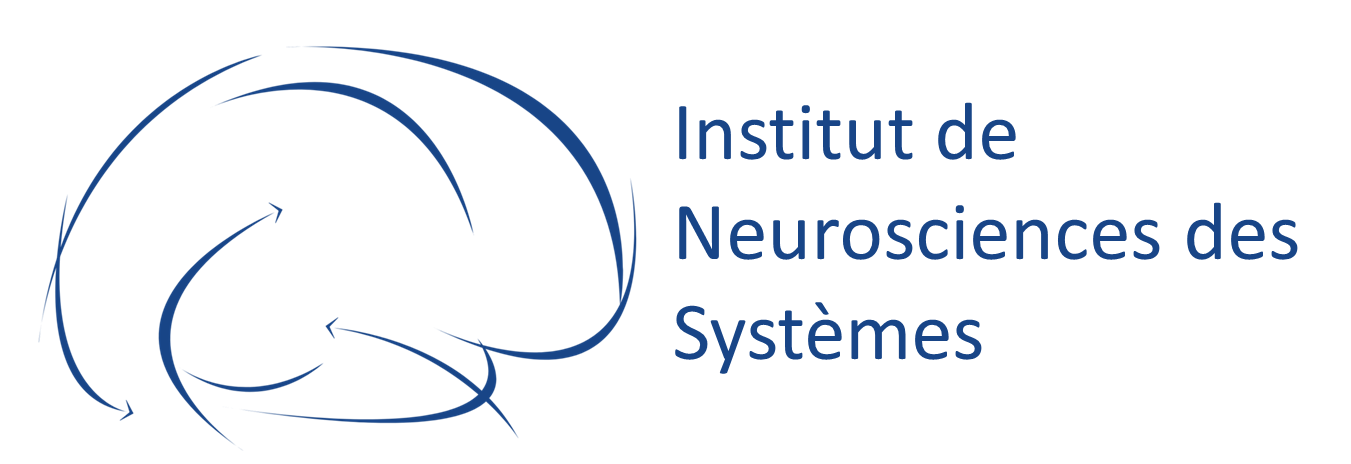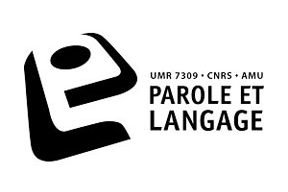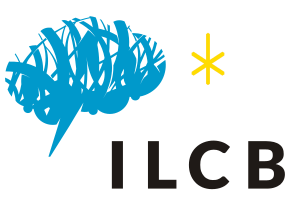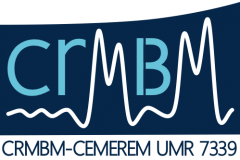Code of Conduct
As all Brainhacks, BrainHack Marseille is
dedicated to providing a harassment-free Brainhack experience for everyone,
regardless of gender, gender identity and expression, sexual orientation, disability, physical appearance,
body size, race, age or religion.
We do not tolerate harassment of event participants in any form.
Sexual language and imagery is not appropriate for any event venue, including talks.
Event participants violating these rules may be sanctioned or expelled from the event.
Register
Sorry :-( Registration is now CLOSED.
You may email us at brainhack.marseille@gmail.com for any inquiries.
Projects
If you want to submit a project click on the button below, fill up the form, and submit the github issue. Projects can be anything you'd like to work on during the event with other people (coding, discussing a procedure with coworkers, brainstorming about a new idea), as long as you're ready to minimally organize this!
To have an idea of the projects submitted in previous editions, check out the following:
Need Help With Your Project?
We're here to assist you in framing and developing your project idea!
brainhack.marseille@gmail.comBrainHack Marseille 2026 Projects
Loading submitted projects...
Program
The train track session will take place on the Wednesday 28th January, and there will be two sessions (morning /afternoon) - The morning will be dedicated to coding, and 2 groups will be split according to coding skills (Beginner / Advanced) - The afternoon will be splitted , and 2 groups will be split according to interest in Open Software / Open Hardware techniques
On Thursday 29th and Friday 30th January 2026, all participants will have time to work on projects.
Wednesday, January 28, 2026
Introduction to BrainHack Marseille 2026 and Welcome Breakfast!
Location: Room 407, Bâtiment Pédagogique
Beginner Path - Room 206
Introduction to Python programming
Cyprien Dautrevaux (INS – INT) and Alexandre Lainé (INT)
Introduction to Git/Github
David Meunier (INT) and Julia Sprenger
Advanced Path - Room 407
MEG advanced analysis
Giorgio Marinato (INT)
Good practices in programming. A crash course for scientists.
Maciej Jedynak (INS)
High performance computing with Numba, CuPy and JIT
Abolfazl Ziaeemehr (INS)
Lunch Break and Collective Intelligence Workshop - Room 407
Open Software Path - Room 407
CEDRE AI lecture
Youssef Trardi (AMU)
Open Hardware Path - Room 206
Raspberry Pi Pico
Thierry Legou (LPL, CNRS)
Coffee Break
AdaLab and DataForGood
Elodie Giorla (INT) and Franck Le Mat
FabLab
Bruno Nazarian (INT, CERIMED)
Thursday, January 29, 2026
Welcome Breakfast
Location: Bâtiment Pédagogique
Project Work - Room 407
Lunch Break
Project Work - Room 407
Friday, January 30, 2026
Welcome Breakfast
Location: Bâtiment Pédagogique
Project Work - Room 407
Lunch Break
Project Work - Room 407
Team

David Meunier
Research Engineer

Dipankar Bachar
Research Engineer
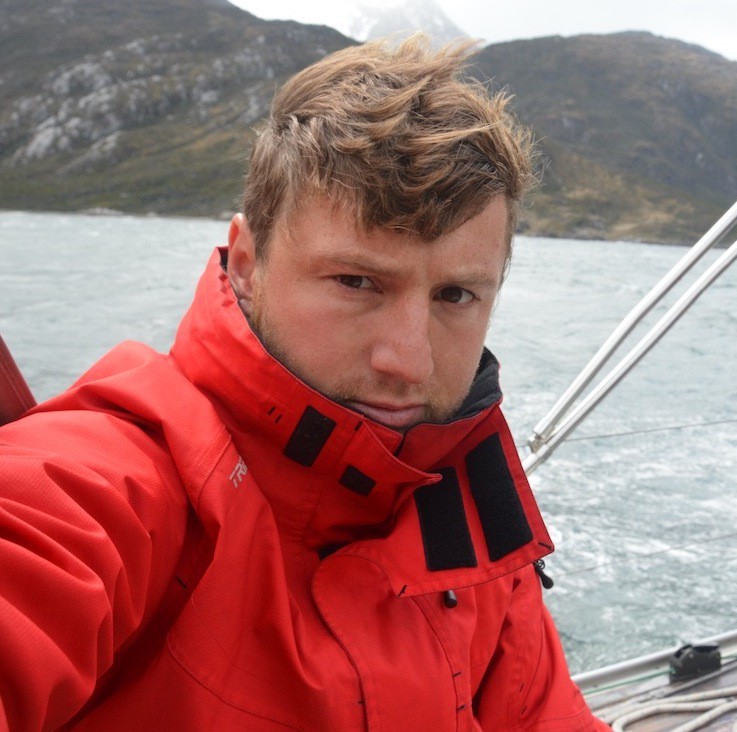
Matthieu Gilson
Professor
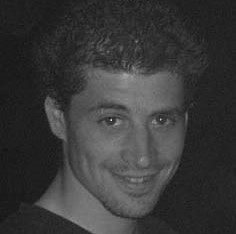
Manuel Mercier
Research Associate

Christelle Zielinski
Data Analysis Engineer

Hugo Dary
Research Engineer
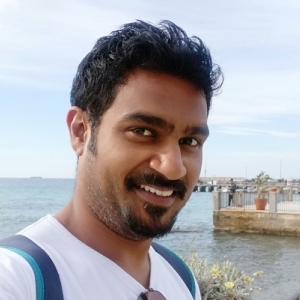
Shailesh Appukuttan
Postdoc
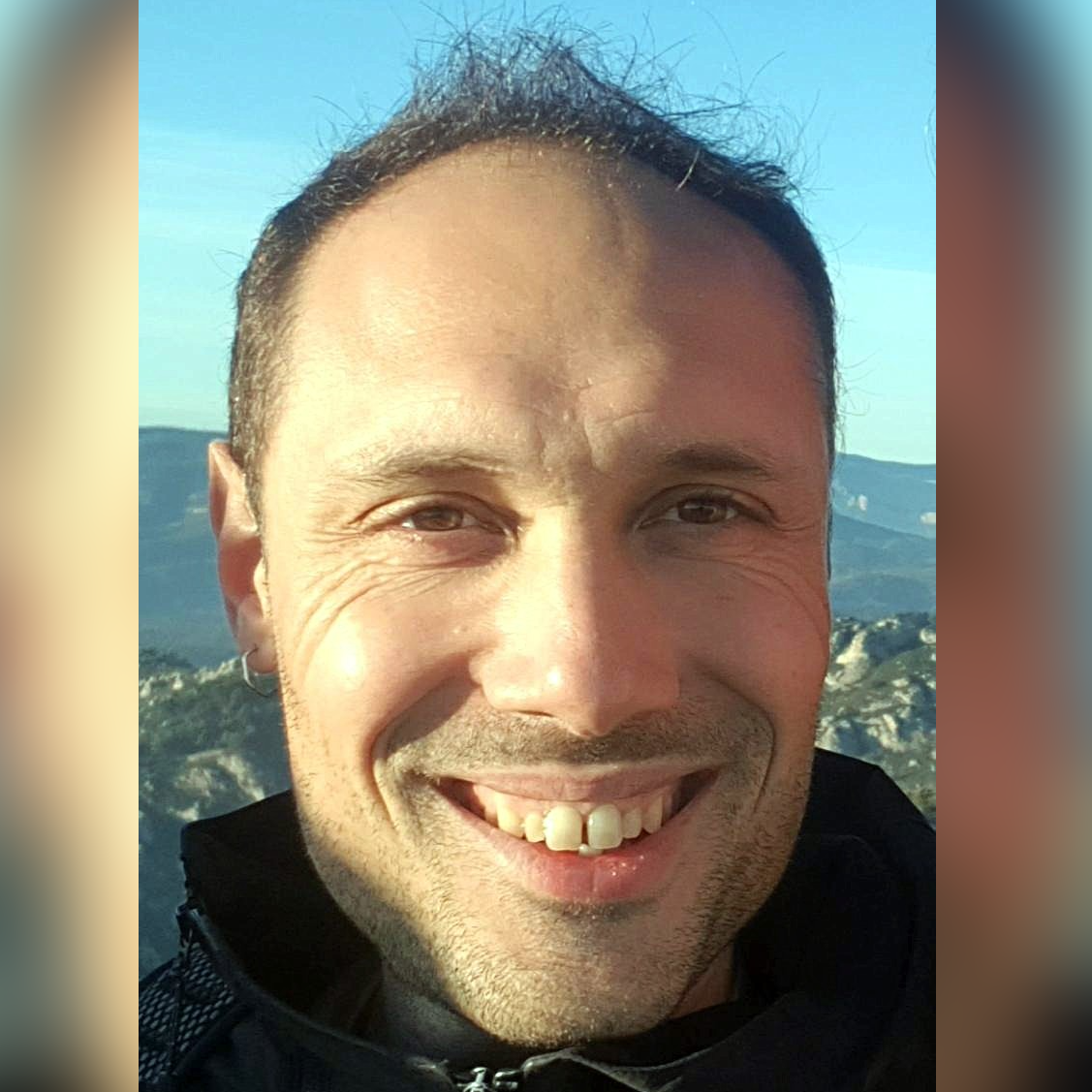
Giorgio Marinato
Postdoc

Cyprien Dautrevaux
PhD student

Alexandre Lainé
PhD student
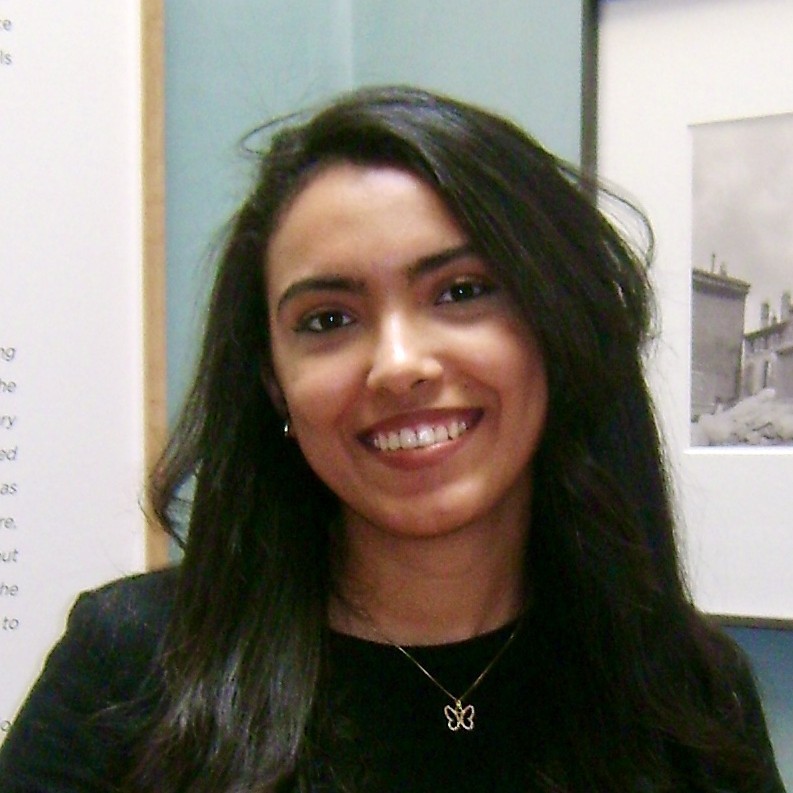
Khouloud Benzzaouia
PhD student
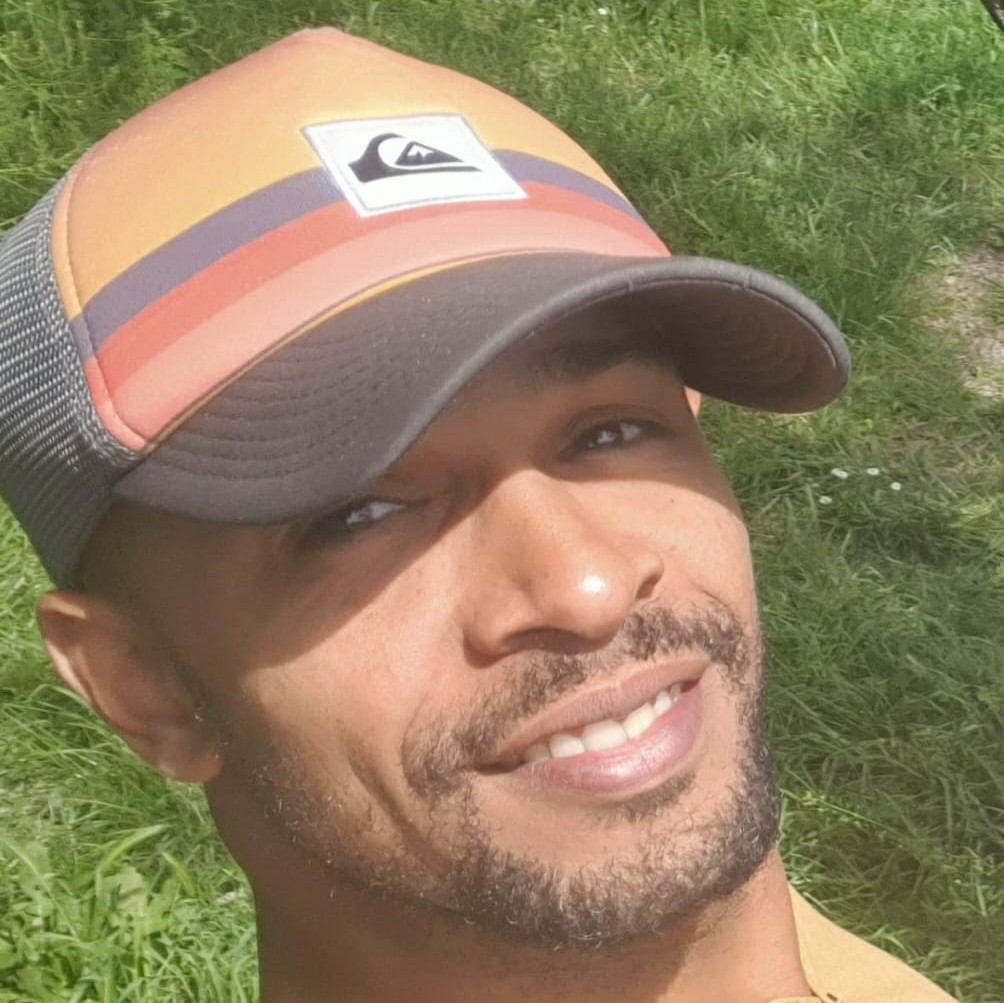
Louis-Clément da Costa
PhD student
Contact
Location:
Bâtiment pédagogique ( Yellow Building / Le pavillon jaune) Timone campus
(click here to see map of AMU Timone campus)
27 Bd Jean Moulin, 13385 Marseille
Email:
brainhack.marseille@gmail.com
Previous Editions
Explore the history of BrainHack Marseille through our past events


